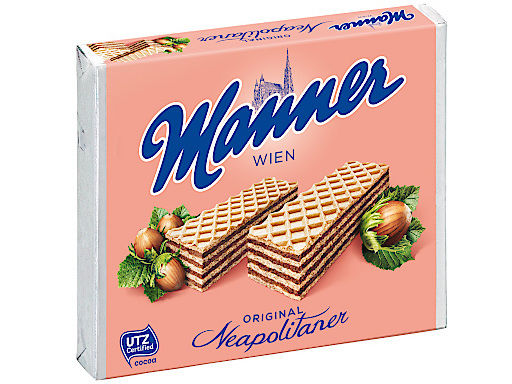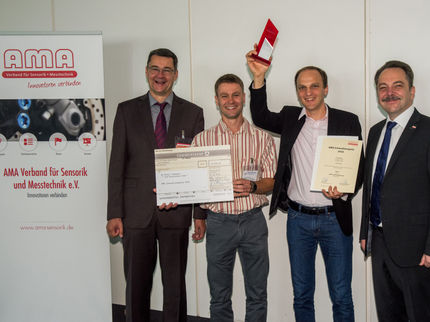EU confirmed: Manner quality the same in all countries
EU study proves Manner right: men's cuts the same in all countries
Advertisement
In 2017 the Visegrád states (Poland, Czech Republic, Slovakia and Hungary) accused Manner of being represented on different markets with different recipes and thus different quality of Mannerschnitte. This statement was supported by sensory tests in the respective countries. The discussion on "Dual Quality of foodstuffs" led to a Europe-wide debate. Even then, the confectionery company Manner confirmed that the recipe and the quality of the raw materials used for the Mannerschnitte, which are popular at home and abroad, are unchanged and uniform, regardless of the target market, country or customer*.

The confectionery classic from Vienna - in all 50 export countries with the same recipe and quality
Manner
The EU Commission has now used the uniform methodology developed by the Joint Research Centre (JRC) for better comparative testing of foodstuffs to evaluate these allegations. The uniform recipe of the Mannerschnitten has now been confirmed in this test. Dr. Franz Ulberth of JRC in an email to the company: "(...) Manner Neapolitan Wafers were part of the EU wide survey and your assumption that we have not found differences between the variants sold on different markets, is correct."
"As soon as this debate arose, we invited the representatives of the states to Manner's, unfortunately without feedback. In addition, we guided around 60 journalists from the countries through Manner production to show them locally that we only produce with one recipe," says Manner company spokeswoman Karin Steinhart. "With an export quota of about 60% and high quality standards, these accusations have led to a false impression of our company in the countries and have damaged our reputation. We are delighted to see the EU correct our image abroad."
The complete EU report is linked in the box at the top right.
Note: This article has been translated using a computer system without human intervention. LUMITOS offers these automatic translations to present a wider range of current news. Since this article has been translated with automatic translation, it is possible that it contains errors in vocabulary, syntax or grammar. The original article in German can be found here.























































